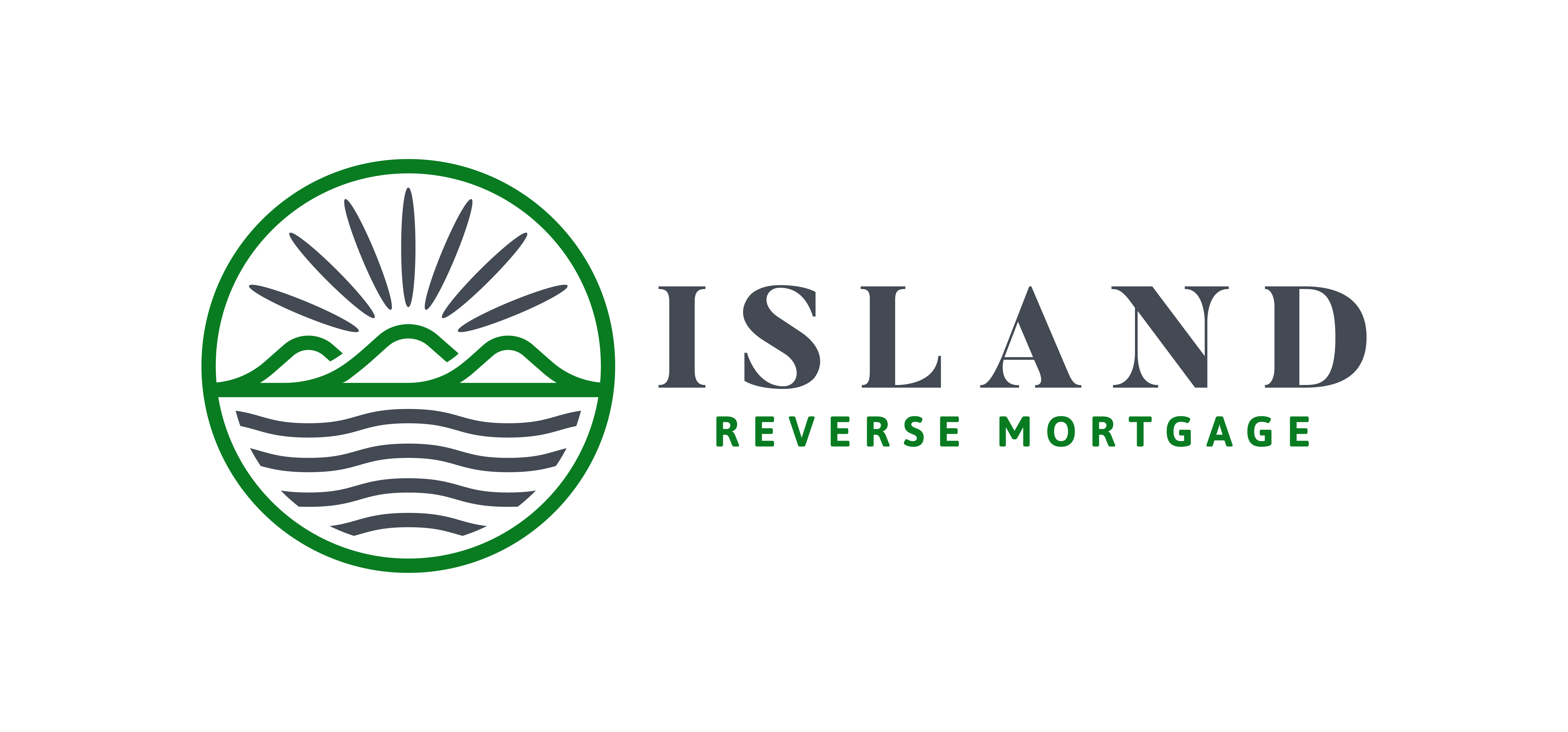Introduction
Welcome to our comprehensive guide on Hawaii reverse mortgage rates. If you're a homeowner in the beautiful Aloha State and considering a reverse mortgage to access your home's equity, you've come to the right place. In this guide, we'll walk you through the essential information about reverse mortgages, their types, and factors influencing rates in Hawaii.
Section 1: What Is a Reverse Mortgage?
Definition
A reverse mortgage is a financial product designed for homeowners aged 62 or older. It allows you to convert a portion of your home equity into tax-free cash while retaining ownership of your home. Unlike traditional mortgages, you won't make monthly payments; instead, the loan is repaid when you sell your home, move out, or pass away.
Types of Reverse Mortgages
The most common type of reverse mortgage in Hawaii is the Home Equity Conversion Mortgage (HECM), which is insured by the Federal Housing Administration (FHA). HECMs provide various payment options and protections for borrowers.
Section 2: Factors Influencing Hawaii Reverse Mortgage Rates
Market Conditions
Reverse mortgage rates in Hawaii, as elsewhere, are influenced by current market conditions. Keep an eye on interest rate trends to make informed decisions.
Lender's Margins
Each lender may add a margin to the base rate, affecting your total interest rate. It's crucial to compare offers from multiple lenders to find the most competitive rates.
Borrower's Age
In Hawaii, your age significantly impacts the interest rate you qualify for. Generally, the older you are, the more favorable your rate.
Property Value
Your home's appraised value is a key factor in determining the maximum loan amount and interest rate. Higher-valued homes may offer better rates.
Loan Amount
The amount you borrow also affects your interest rate. Larger loans may have slightly higher rates.
Section 3: How to Secure the Best Hawaii Reverse Mortgage Rate
Shop Around
To find the best reverse mortgage rate in Hawaii, it's essential to shop around and compare offers from different lenders. Don't settle for the first option.
Improve Eligibility
Maintain your home's condition and consider paying off existing mortgages, if possible, to improve your eligibility and access better rates.
HUD Counseling
Before proceeding, consult with a HUD-approved counselor. They will ensure you fully understand the terms and implications of a reverse mortgage, helping you make an informed decision.
Conclusion
A reverse mortgage can be a valuable financial tool for retirees in Hawaii, allowing access to home equity while maintaining homeownership. Understanding the factors influencing reverse mortgage rates in Hawaii and how to secure the best rate is crucial. To explore your options fully, consult with qualified lenders and financial advisors who specialize in reverse mortgages.
By following the guidance in this guide, you can make an informed decision about Hawaii reverse mortgage rates and ensure a secure financial future in the Aloha State.

